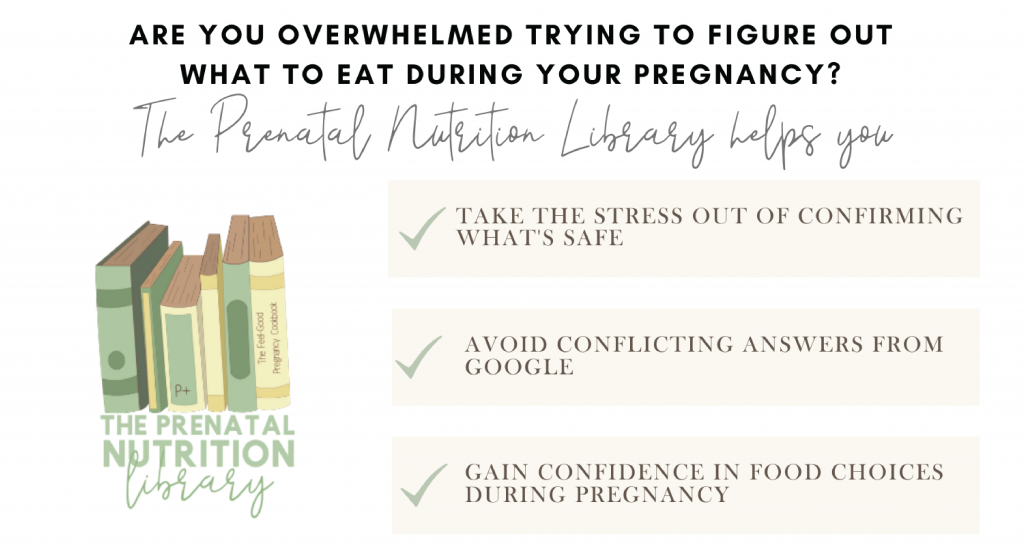When you Google “symptoms of pregnancy”, chances are you’ll get a laundry list of symptoms: morning sickness, cravings, constipation, cramps…and gas. Gastrointestinal issues (GI) during pregnancy are nothing new, and chances are, you’ve experienced them if you’re pregnant or have ever been pregnant before. It may cause an array of GI distress from gas and heartburn, to constipation and symptoms resembling IBS (irritable bowel syndrome). So, what gives? Let’s find out! We’re going to dive into the causes behind this uncomfortable symptom of pregnancy today.
Managing GI Distress During Pregnancy
It turns out, there’s not one single culprit causing pregnant women’s’ GI distress, but a whole slew of changes that may affect their bowels. In an article from Lifespan.org titled Gastrointestinal Issues During Pregnancy, some of the causes include:
- Changes in hormones
- GI motility disorders
- Poor diet
- Physical internal changes as the uterus grows
- Stress
- Food intolerance or allergy
More often than not, GI distress in pregnancy is caused by the first item on the list: changes in hormones.
According to Gomes et. al in their peer-reviewed study from 2018 titled Gastrointestinal Diseases During Pregnancy: What Does The Gastroenterologist Need to Know?, an influx in progesterone occurs during pregnancy, which slows gastric emptying. In addition, the placenta is also producing gastrin, increasing the gastric acidity of mom’s digestive tract, causing discomfort in the form of Gastroesophageal Reflux Disease (GERD)–or heartburn. GERD is very common in pregnancy and reported in nearly 40-85% of pregnant women (Gomes et. al, 2018). Progesterone also aids in relaxing the body’s smooth muscles. While it is a very important hormone to secrete during pregnancy, it decreases peristalsis, the muscular waves that help move food throughout the GI tract, which slows gastric emptying and can cause constipation, bloating, gas, and add to the symptoms of GERD.
On top of the hormonal changes affecting gastric emptying and acidity, the body changes a lot during pregnancy. According to Zielinski, Searing, and Deibel in their academic journal titled Gastrointestinal Stress in Pregnancy,
“Anatomic changes occur as the enlarged uterus and growing fetus compress the intra-abdominal organs, moving upward from a pelvic organ to an abdominal organ.1 This results in compression and displacement of the abdominal organs (intestines and stomach). The lower esophageal sphincter, which normally helps prevent acid and stomach contents from traveling upward, decreases its tone, allowing gastric contents to move up into the esophagus. Gastric pressures increase progressively toward the end of pregnancy, increasing the potential for gastroesophageal reflux” (Zielinski, et al. 2015).
So, what should you do to help combat these uncomfortable symptoms of growing a life?
Well, most articles state that increasing physical activity and maintaining a healthy, well-balanced diet should help diminish symptoms of GI distress. Limiting acidic foods such as tomato-based products, coffee, and citrus may be beneficial, but foods that trigger one woman’s discomfort may not affect another in the same way. Keeping a food log and recording how you feel after each meal will be helpful in determining which foods make you feel icky and which keep the heartburn at bay.
Drinking adequate amounts of water (10-12 cups) and eating the minimum daily recommendation of fiber (25-30g) is a great start to keeping digestion regular. Examples of high fiber foods include:
- Lentils
- Broccoli
- Beans
- Chia Seeds
- Avocado
- Blackberries
- Almonds
- Apples
- Bran
- Barley
- Brussel Sprouts
- Whole Grains
In some situations, physical activity and a healthy diet are not enough to move things along. Some healthcare professionals may recommend an antacid, such as TUMS, to help combat the feelings of discomfort. It is always important to contact your doctor before taking any medications, especially during pregnancy. If feelings of GERD or GI distress continue longer than a week or two, discuss this with your registered dietitian or call your physician to come up with a plan.

Written by Kaleigh Eastep
Reviewed/edited by Ryann Kipping, RDN, CLEC
References:








